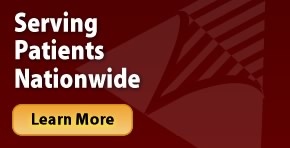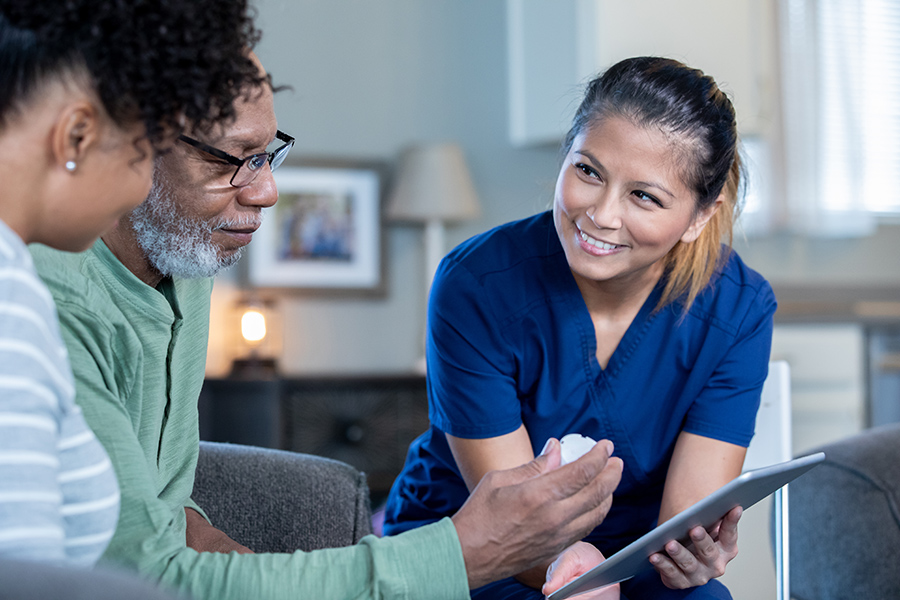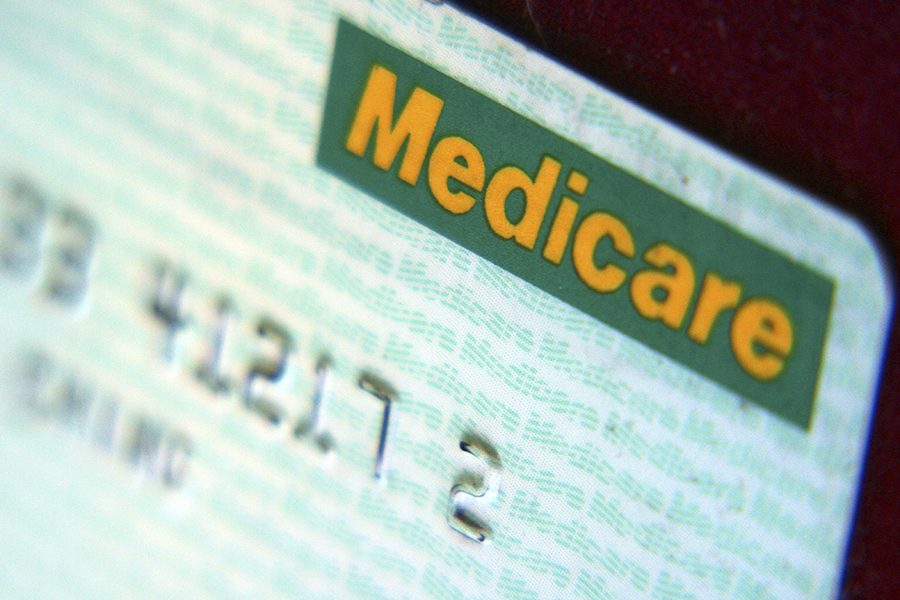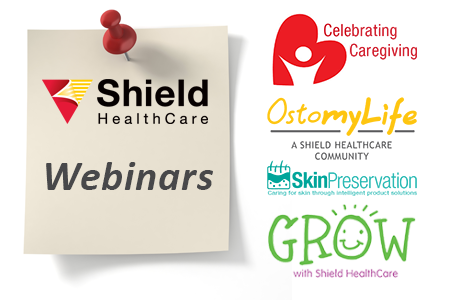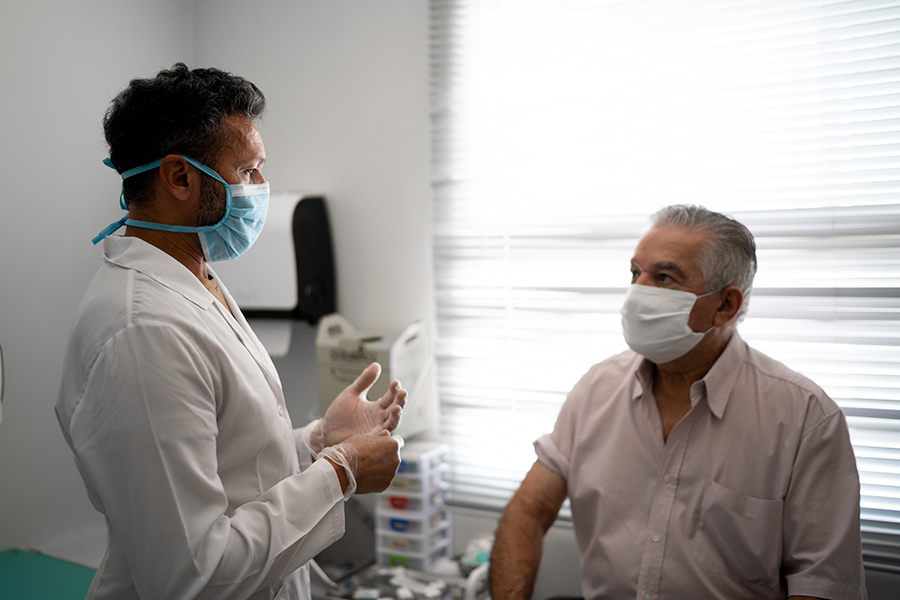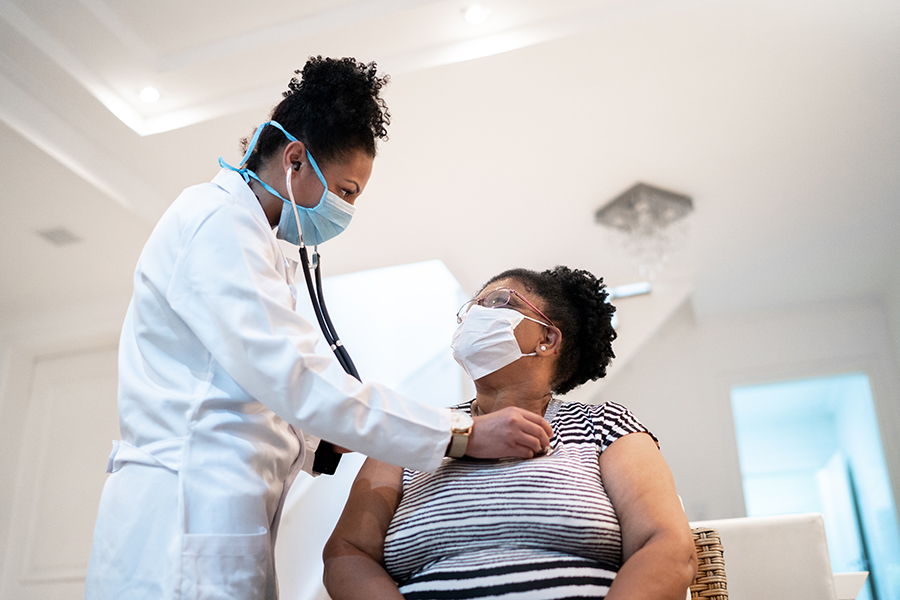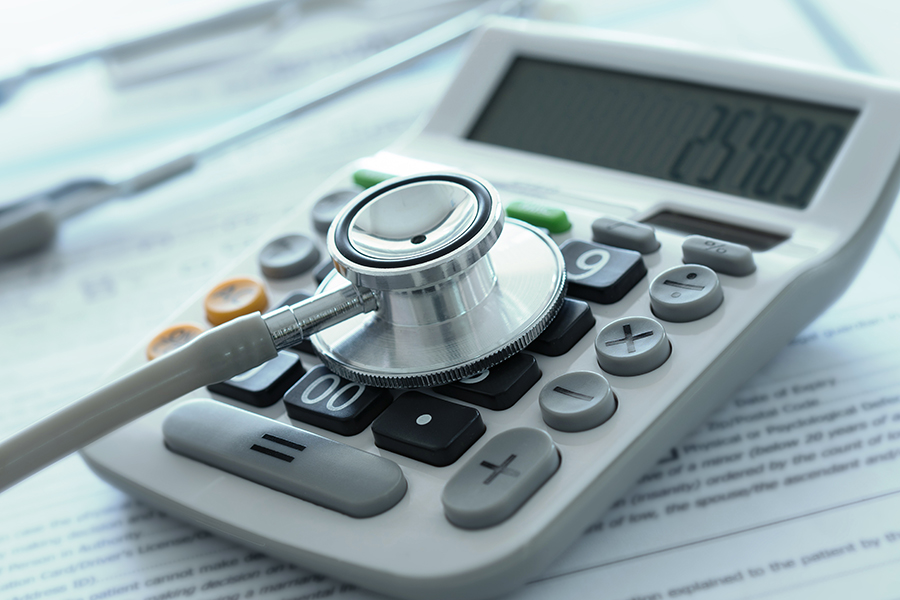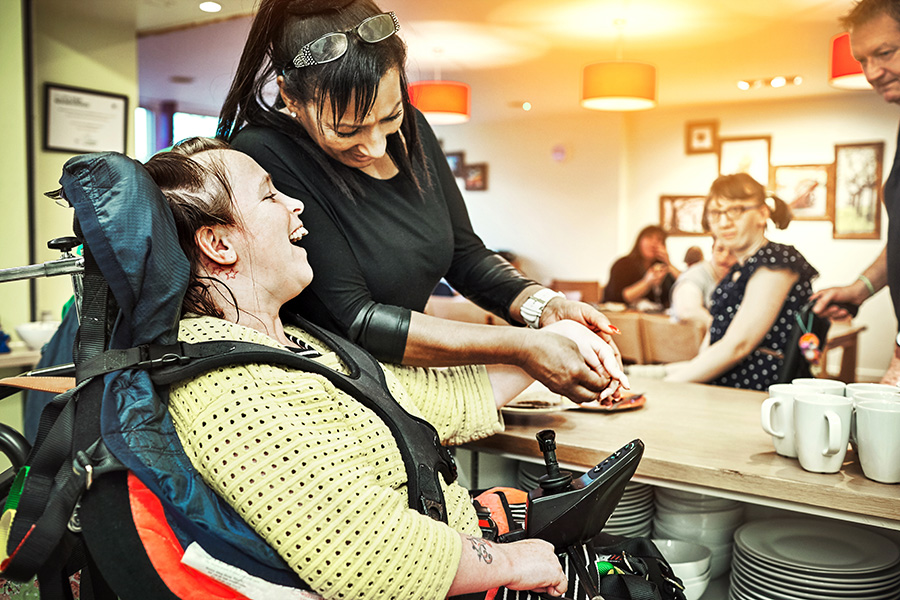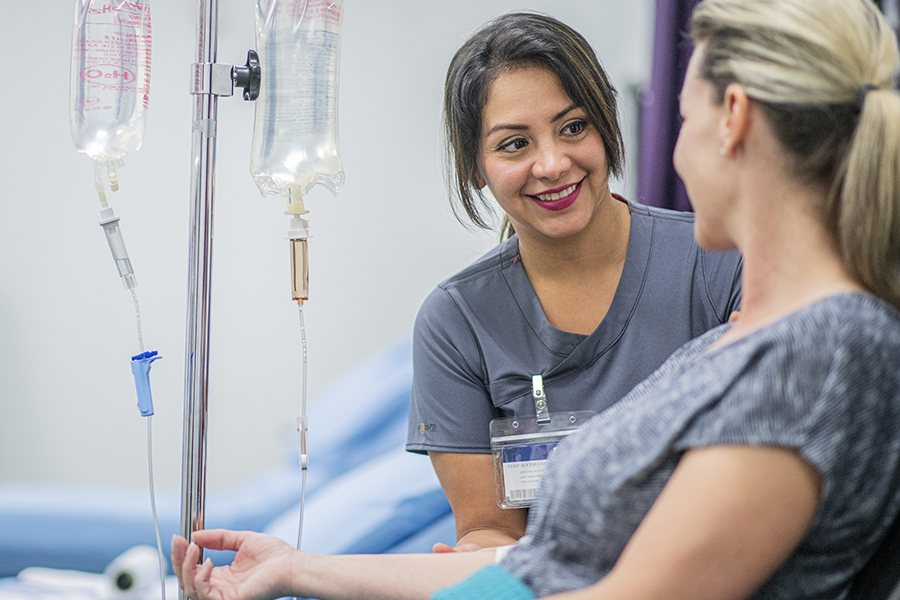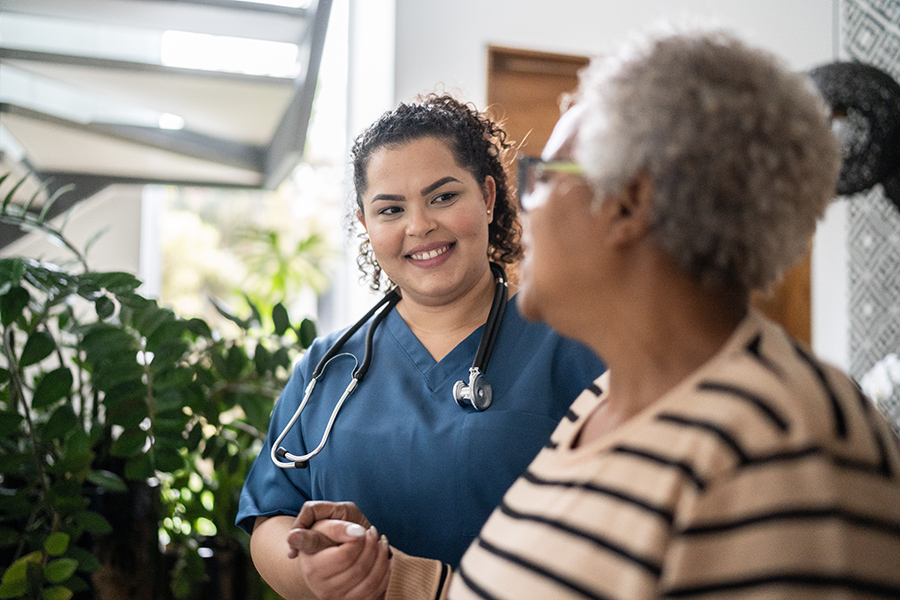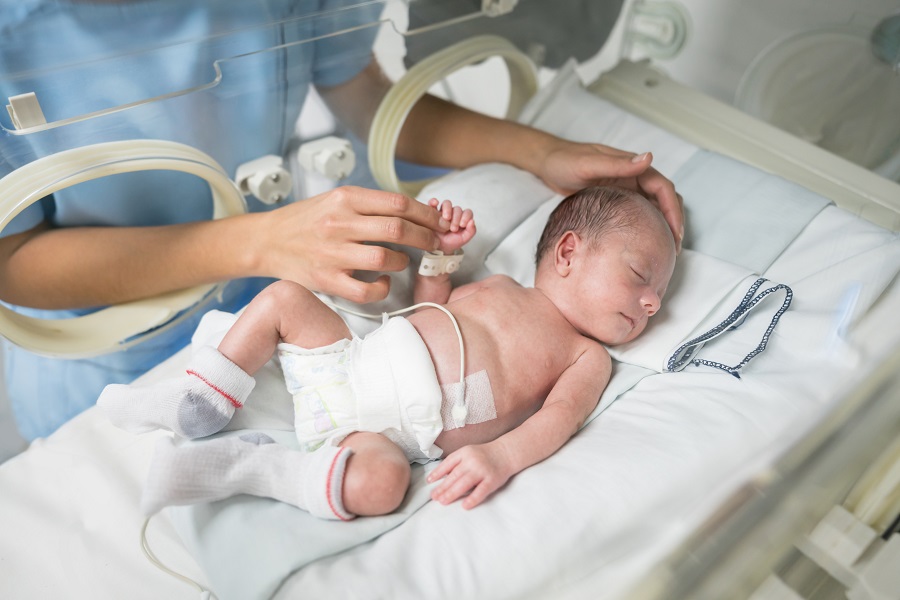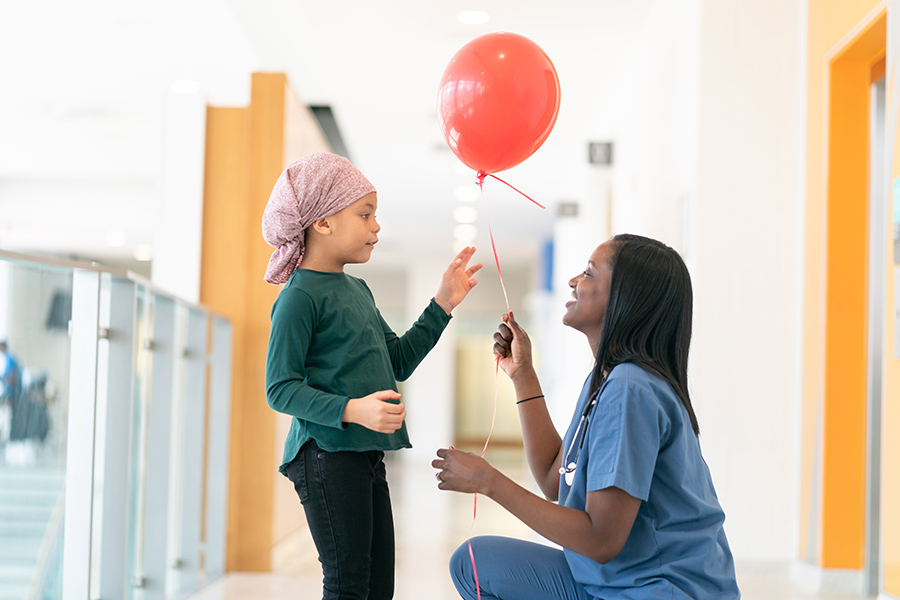The National Library Service for the Blind and Physically Handicapped (NLS), Library of Congress, administers a free national library program that provides braille and recorded materials to people who cannot see regular print or handle print materials. Established by an Act of Congress in 1931 to serve blind adults, the program was expanded in 1952 to include children, in 1962 to provide music materials, in 1966 to include individuals with other physical disabilities that prevent reading regular print, and in 2016 to permit NLS to provide refreshable braille displays. The NLS program is funded annually by Congress, and books and materials are mailed as “Free Matter for the Blind or Handicapped” through a separate appropriation to the U.S. Postal Service. Cooperating network libraries are funded through a combination of state, local, and/or federal sources.
Under a special provision of the U.S. Copyright Law, and with the permission of authors and publishers of works not covered by that provision, NLS selects books and magazines for full-length publication in braille, ebraille, and digital audio format. Reading materials are circulated through a network of libraries across the United States and its territories and to American citizens living abroad. The materials and free playback equipment needed to read audiobooks (called talking books) and magazines are circulated to patrons by libraries by postage-free mail. Digital audio and ebraille materials also are available through the NLS Braille and Audio Reading Download (BARD)service and the BARD Mobile app for iOS and Android devices.
Beginning with 19 libraries in 1931, the network has expanded to 55 regional libraries, 30 subregional libraries, and 15 advisory and outreach centers serving all 50 states, the District of Columbia, Puerto Rico, the U.S. Virgin Islands, and Guam.
Eligibility
Any resident of the United States or American citizen living abroad who is unable to read or use regular print materials as a result of temporary or permanent visual or physical limitations may apply for service.
Book Collection
Books are selected for the NLS collection on the basis of their appeal across a wide range of interests. Approximately sixty-five percent are fiction, and thirty-five percent are nonfiction. Bestsellers, biographies, fiction, and how-to books are in great demand. The collection includes books in Spanish and a limited number of titles in other languages. Books for youth—from preschool to young adult—are provided in audio, braille, and print/braille.
Registered borrowers learn of new books added to the collection through two bimonthly publications: Braille Book Review and Talking Book Topics. The NLS book collection and other resources from cooperating agencies are listed in the NLS Union Catalog.
The NLS Union Catalog contains more than 269,000 book records, of which more than 71,000 are braille books and braille music scores and 198,000 are talking books.
Magazines
Magazines are selected for the program in response to demonstrated reader interest. Currently 59 audio and 44 braille magazine titles are available through NLS by subscription, and others are available on BARD (see below). Readers may subscribe to such titles as People, National Geographic, and Consumer Reports in audio and ESPN: The Magazine and the New York Times Large Print Weekly in braille. A variety of magazines for children are also available. Current issues are mailed to readers shortly after print issues are released.
Music Scores and Books
Individuals who are interested in music materials may receive them directly from the NLS Music Section in Washington, D.C. The collection consists of braille and large-print music scores and instructional materials. Music appreciation materials on a wide variety of topics and self-instruction for voice, piano, organ, keyboard, guitar, recorder, accordion, banjo, harmonica, and other instruments are available on audio cartridge. Audio and braille music materials also are available through BARD. The Music Section may be reached at nlsm@loc.gov or 1-800-424-8567 ext. 2, and more information can be found on the NLS Music Notes blog.
The NLS music collection (braille, audio, large print) is the largest of its kind in the world, with approximately 25,000 titles.
Braille and Audio Reading Download (BARD) and BARD Mobile Apps
BARD provides access to thousands of special-format books, magazines, and music materials. The same materials that are offered on digital cartridge and braille are also available for download in compressed digital audio and ebraille formats. The password-protected service is operated as a partnership between NLS and its network of cooperating libraries. Readers with a personal iPhone, iPad, or iPod touch can download and read audio and ebraille materials with the BARD iOS Mobile app. A refreshable braille display with a Bluetooth connection is required to access ebraille materials. Readers using Android devices, including the Amazon Kindle Fire, may use the BARD Mobile app for Android to access BARD’s audio materials. BARD Express provides NLS patrons with an easy way to access BARD on Windows-based computers.
BARD contains more than 100,000 book titles, 69 digital audio magazine titles, and 52 ebraille magazine titles, with new materials added regularly.
Equipment and Accessories
Patrons are loaned playback equipment free of charge for use with talking books and magazines. Players are available in two models (standard and advanced), provide high-quality sound, offer variable speed controls, and have built-in audio instructions. The advanced player also enables bookmarking and navigation, allowing readers to skip to different parts of a book. Accessories for the players include lightweight headphones, a pillow speaker, adapters to facilitate the use of commercial USB flash drives, and a breath switch. Readers with significant hearing loss may request a high-volume player and headphones.
Currency Reader
NLS has partnered with the Bureau of Engraving and Printing (BEP) in support of BEP’s U.S. Currency Reader Program, which provides currency readers, free of charge, to individuals who are blind or visually impaired. The program is part of the government’s Meaningful Access Initiative to assist individuals who experience difficulties identifying U.S. currency.
The currency reader, called the iBill Talking Banknote Identifier, is a compact device that announces a note’s value by voice, a pattern of tones, or a pattern of vibrations. Users insert a bill into the device and press a button to have the denomination identified. Visit Currency Reader to download an application for the currency reader.
Volunteer Services
Volunteers contribute important services to the NLS program in the areas of braille transcription and proofreading, talking-book production, library service, and machine repair. NLS sponsors free correspondence courses leading to certification in braille transcribing (literary, music, and mathematics) and braille proofreading, and local recording groups may request training in talking-book production. Network libraries engage volunteers in a variety of service maintenance projects. National volunteer groups also assist network libraries in repairing playback equipment.
Reference Services
NLS and its cooperating libraries respond to questions about various subjects relevant to people who are blind or have a physical disability. This free service is available to individuals, organizations, and libraries. Publications resulting from such queries are available for free in a variety of formats. For a list of what is available, visit Reference Publications.
Consumer Relations
The NLS consumer relations officer maintains regular contact with consumer groups and individual users of the program to identify and resolve service problems and to ensure that the needs of NLS patrons are met. NLS also meets biennially with two advisory groups that include patrons, members of consumer organizations, and network librarians: the Collection Development Advisory Group and the Reading Technology Advisory Group (formerly the National Audio Equipment Advisory Committee). These groups provide critical feedback to help shape NLS policy in providing service to its patrons.
Find Out More . . .
If you or someone you know is interested in receiving more information about the braille and talking book program, call 1-888-NLS-READ (1-888-657-7323) toll-free and follow the prompts to be connected to the braille and talking book library in your state. Or go to Information Request, complete and submit the form, and someone from your local talking-book library will contact you. To find the nearest library serving people who are blind, visually impaired, or have a disability, visit Find Your Library.







